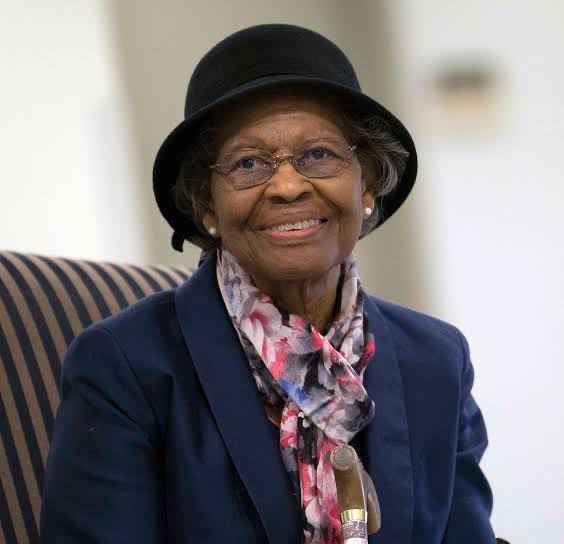When we think about women in tech who have made a significant impact on the world despite the odds, Gladys West immediately comes to mind. Her contributions have helped shape the women’s world today, and she is an exceptional example to the younger women in Tech.
Gladys West, an African American Mathematician, is known for her works on the mathematical modelling of the Earth’s shape; she contributed a huge part in the development of the Global Positioning System popularly known as GPS.
Born in Sutherland, Virginia, where her parents owned a small farm, Gladys was so good at learning that she became the top student in her high school, and this got her a scholarship to Virginia State College, where she chose to study Mathematics, a course that was predominantly studied by men at her college. She graduated in 1952 with a BSc in Mathematics and a Master of Mathematics degree in 1955.
In 1956, she was hired at the Naval Proving Ground in Virginia, making her the second Black woman to work there. She was a computer programmer and later became a project manager for analysing satellite data. During her time there, Gladys continued her education and got a Master’s degree in public administration from the University of Oklahoma.
In the 1960s, she participated in a study that improved our understanding of Pluto’s motion. Later, she worked on NASA’s Geodetic Earth Orbiting program, which studied the Earth’s shape and then became the project manager for Seasat, a satellite that collected information about the oceans.
Gladys’s most notable contribution was her work on GPS technology; by using complex math and programming, she helped to process satellite data more accurately, leading to the GPS we use today.
She was recognised with several awards, like the Prince Philip Medal from the UK’s Royal Academy of Engineering in 2021, which makes her the first woman to win that award. As an alumna of Virginia State University, she won the ‘Female Alumna of the Year’ award at the Historically Black Colleges and Universities Awards in 2018. Not only this, she was also selected by BBC as part of their 100 women of 2018.
Despite the potential discrimination that Gladys faced due to her race, she strived and made a meaningful contribution to science and technology, thereby being a source of inspiration to the future generation.

Leave a Reply